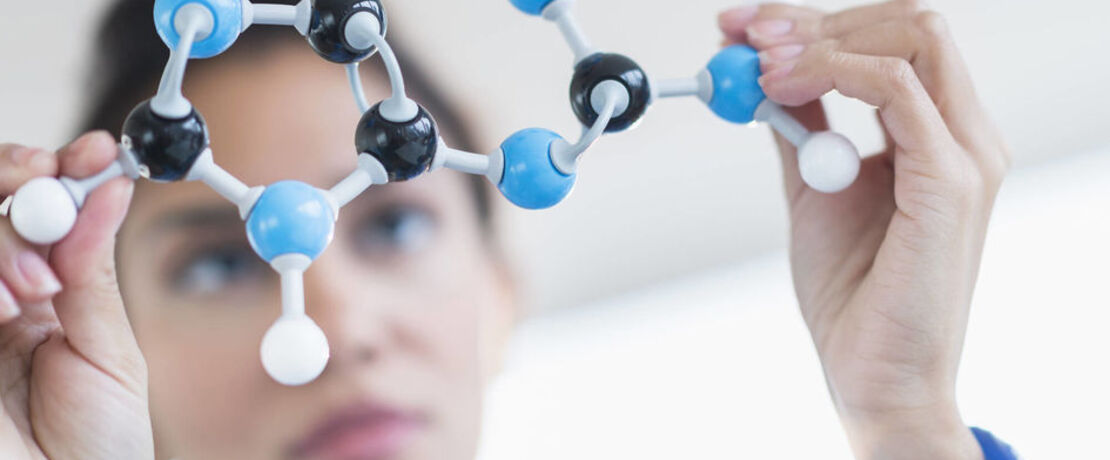
Crosslinking and Scratch Resistance
A cure for all
The demands on coatings are getting tougher all the time. Not least for sustainability reasons, they need to be especially resistant to wear, so that the coated surfaces last a long time and do not have to be repaired or replaced as often. Silanes can be used as curing agents to enhance coatings’ mechanical and thermal properties.
Because epoxy coatings are long-lasting and robust, they are often used in industrial flooring: They are easy to clean and withstand mechanical and chemical loads. Epoxy coatings are also a common choice for the exterior of production facilities, as they are waterproof and resistant to UV radiation and temperature. Silanes play a key role in the strength of these floors. When used in silicone/epoxy hybrid coatings, PU and acrylic coatings, and others, they improve scratch resistance significantly.
Silanes also work as curing agents for special epoxy resins in challenging environments, such as ships, bridges and other installations subject to corrosion. In these, amino silanes cure silicone-based epoxy resins, creating very hard and weather-resistant coatings.
Strong chemical bonds
Curing means that the silanes react with the organic polymers in the coating. In the process, reactive functional groups of silanes – such as epoxy, acrylate, methacrylate or vinyl groups – enter into a bond with the polymer chains in the coating. The result is strong chemical bonds between various polymer chains, creating a three-dimensional network.
Here are a few examples: Dynasylan® AMEO or Dynasylan Dynasylan® SIVO 214 are particularly ideal for curing silicone-epoxy hybrid resins. Here, the amino group of the silane reacts with the epoxy group of the resin, while the alkoxy group of the silane reacts with the alkoxy group of the resin.
In polymer dispersions, adding epoxy silanes such as VPS 4721 results in curing between the polymer dispersion particles. This reduces the water absorption of the coating, enhances the adhesion, and ultimately increases the longevity of the coating significantly.
Increased scratch resistance
Silanes can also be added to a coating formulation as co-curing agents. These supplement the classic curing agents and thus increase the curing density, which in turn can result in improved corrosion protection and better adhesion. In many cases, increasing the network density also increases the hardness and thus scratch resistance. In polymer dispersions, adding epoxy silanes such as VPS 4721 results in curing between the polymer dispersion particles. This reduces the water absorption of the coating, enhances the adhesion, and ultimately increases the longevity of the coating significantly.
The benefits at a glance:
- Durable against scratches and wear
- Resistant to UV light and temperature
- Weather resistant
- Enhanced mechanical properties
